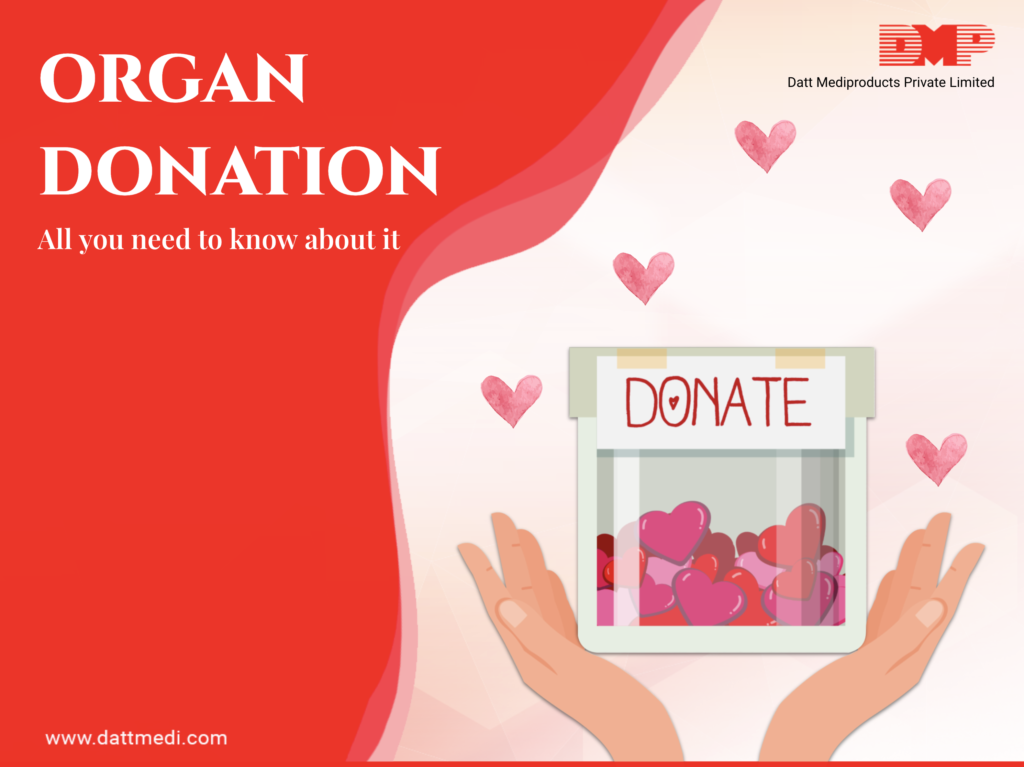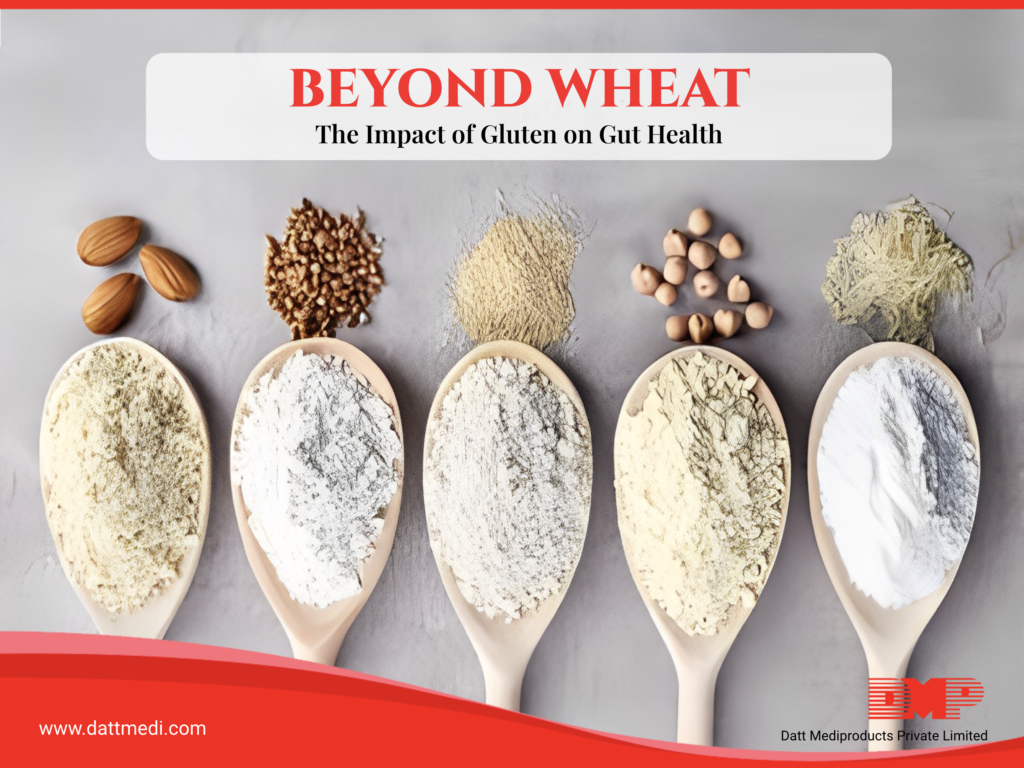
Organ Donation is the process of removing healthy organs and tissues from a living or deceased person (the DONOR) and transplanting into another person (the RECIPIENT).
Organ Donation is required when the recipient’s organ has stopped working or is severely damaged by any disease or injury.
Which Organs can be Donated?
* Internal organs: Kidneys, Heart, Liver, Pancreas, Intestines, Lungs
* Skin
* Bone and bone marrow
* Cornea
* Apart from these, cartilage, tendons, heart valves, middle ear and veins can also be donated
* In 2014, hands and faces were also added to the list
Types of Organ Donations
1. LIVING ORGAN DONATION:
When the donor is a healthy living person and the recipient might be suffering from end-stage organ failure. This is most commonly done in the cases involving Liver and Kidneys.
Fact: An individual can live with one kidney and the liver is the only organ which can regenerate again to its original size.
2. DECEASED ORGAN DONATION:
Deceased organ donation involves getting the organ from a person considered as Brain Stem Dead. Donation after cardiac death is more common in the West. Only the viable organs of the deceased can be donated.
Define: “A person is said to be brain stem dead when there is an irreversible loss of consciousness, the absence of brain stem reflexes and irreversible loss of the capacity to breathe.”
Who can be a Donor?
* People of any age can donate their organs. There are no age limitations. Even newborns and senior citizens can be donors.
* Whether someone is suitable for organ donation after death depends upon the condition of the organ and the medical history at the time of death.
* In some cases where death happens by any accident, injury or murder, the medical examiner has the legal right to decide on organ retrieval.
* There are a few conditions which prevent an individual from being an organ donor:
* HIV infection
* Systemic infection
* Active cancer
* Hepatitis C
* Creutzfeldt-Jakob Disease (CJD)
* Ebola virus disease
Do You Know?
The need for Organ Donation > The number of people who actually donate
The Process of Organ Donation:
* In the case of Living Organ Donation, a donor needs to undergo some clinical evaluations and tests to determine the medical compatibility with the recipient. Some factors including the blood type, body size, severity of the recipient’s medical condition, recipient’s waiting time, are also matched between the donor and the recipient.
After the medical compatibility is confirmed from the doctor, the organs are surgically retrieved from the donor and stored in some special chemicals until the transplantation is done. However, the donor has to remain under medical care until the person is fit to go home.
* The Deceased Organ Donor is generally the person declared brain stem dead by the medical experts or the doctors. After consent is obtained from the donor’s family, suitable recipients are identified from the waiting list. Meanwhile, the donor is kept on the life support system. After retrieval of the specific organs, the body is handed over to the family.

OSCAR: The World’s 1st Full Face Transplant Patient

Oscar was the Spain farmer who accidentally shot himself in the face and was the world’s 1st full face transplant patient. He was operated by a 30-strong medical team and was expected to regain 90% of his facial functions.
The situation in India:
The total no. of brain stem deaths due to accidents is nearly 1.5 lakhs annually. However, there were only 905 deceased donors in the year 2017.
Approximately 5 lakhs organs are needed annually and only 2-3% demand is met.
All those who register as a donor receive an ORGAN DONOR CARD. It can be kept in your purse or a wallet. It’s a great way to show your commitment to saving someone else’s life.
Why should we all Donate?
As per The Organ Receiving & Giving Awareness Network (ORGAN) India, at least 15 patients die every day waiting for organs and every 10 minutes a new name is added to this waiting list. The demand is much more than availability. There are a lot of adults who support this cause but only a few actually sign up as donors.
We @ Datt Mediproducts support and spread the awareness on this noble cause of organ donation. We believe that Life is a Gift, so we should Pass it On. Let us all pledge to save a life. As each one of us has the potential to save up to 8 lives by donating 8 vital organs namely, Heart, 2 Lungs, Liver, Pancreas, 2 Kidneys, Intestines.
Recycle your life, Be an Organ Donor!




